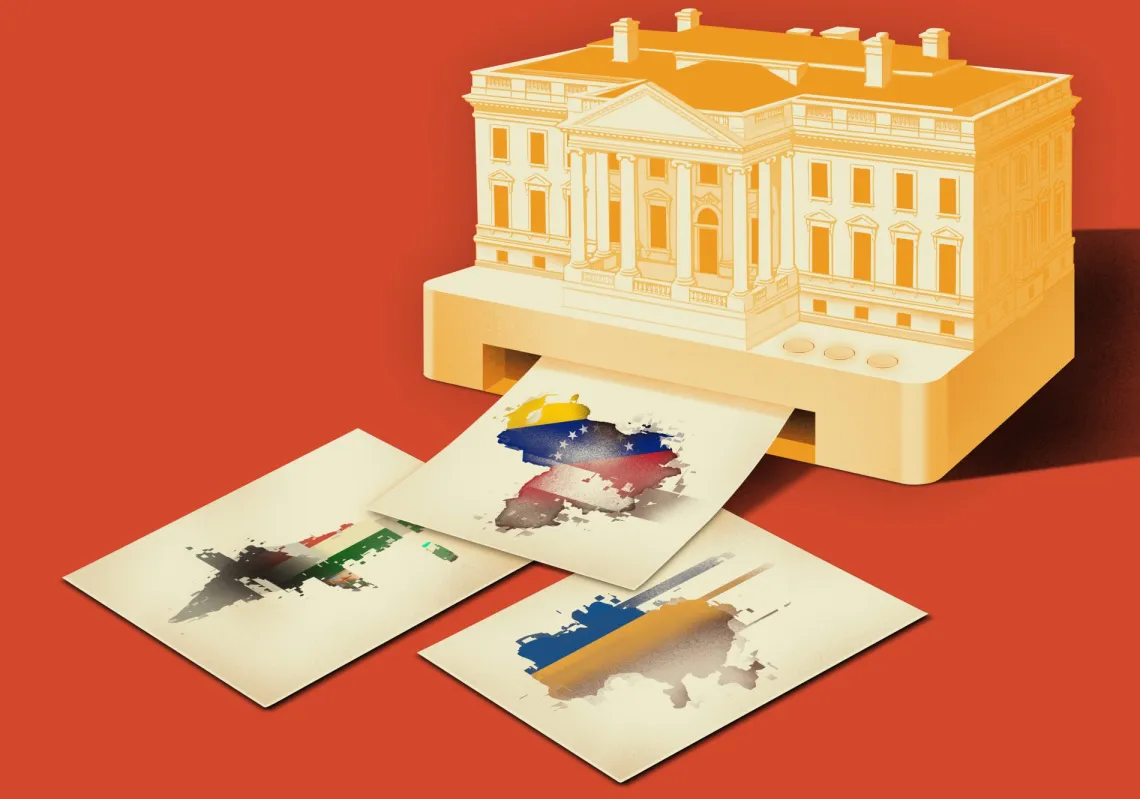A meeting convened by France that had been scheduled for 27 February to rally support for the Lebanese military has been postponed indefinitely.
This was seen as a prudent move in several Western capitals, including Washington, D.C.. The French, some felt, had been a bit hasty.
The ongoing uncertainty of Israel's war on Gaza, the difficulties in negotiating a ceasefire, and the tension between Hezbollah and Israel in southern Lebanon were all factors in the decision.
Paris has been working within the Quintet Committee (including the United States, Egypt, Qatar, and Saudi Arabia) with a view to dialling down tensions between Israel and Hezbollah in southern Lebanon.
French diplomats have also been trying to help fill the vacancy of Lebanese president, a seat unfilled for two years now.
The Quintet
In seeking to restore calm on the Lebanon-Israel border, the relevant UN Security Council Resolution guiding the Quintet is 1701, which was intended to resolve the 2006 Lebanon War.
To be fulfilled, this resolution would require Lebanon’s military plus a UN peacekeeping force to fill the Lebanese territory between the border and the Litani River, with Hezbollah forces withdrawing.
Check out the map to discover #UNIFIL’s Area of Operations that spreads between the Litani river in the north and the #BlueLine in the south. The 1,060 sq. km. area accounts for approximately 10 per cent of #Lebanon’s total land area. #Force4Good pic.twitter.com/p1JFJVVGvq
— UNIFIL (@UNIFIL_) March 3, 2018
Despite this, France’s call to support the Lebanese army was premature as the effectiveness of such support is contingent on defining the army’s role and identifying the personnel and equipment it needs.
The invite may have optimistically assumed that a ceasefire in the south could be achieved quickly. Still, there are complex regional dynamics and strict US security demands to protect Israel’s interests, about which Paris no doubt knew.
The urgency from France is underscored by a three-phase proposal that French Foreign Minister Stéphane Ségornie previously sent to both Lebanon and Israel.
This plan would end current hostilities and address border issues. The first phase is an end to active military operations on both sides.
The second requires the withdrawal of Hezbollah fighters (including the Radwan Force) to 10km north of the border, the deployment of 15,000 Lebanese soldiers to the border within three days, and the end of Israeli flights over Lebanese airspace.
The final phase, to be completed within ten days, involves Lebanon and Israel resuming talks to gradually demarcate their land borders, with the support of the United Nations Interim Force in Lebanon (UNIFIL).
They would also discuss creating a demilitarised zone free of any non-state armed groups between the border and the Litani River and a buffer zone free from all structures and facilities very close to the border.

















